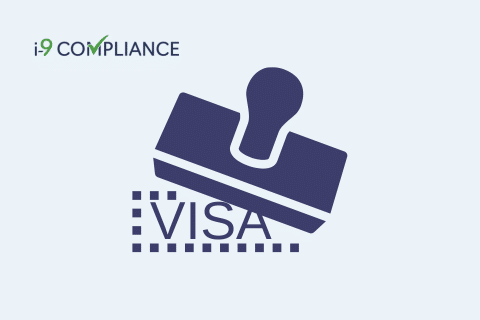Senators Introduce H-1B and L-1 Visa Reform Act to Make Broad Changes to H and L Visa Programs

April 20, 2023
In March 2023, the U.S. Senate received the H-1B and L-1 Visa Reform Act. This legislation would significantly affect these two crucial employment-based visas, placing several restrictions and responsibilities on employers who use them.
Senators Dick Durban and Chuck Grassley introduced the H-1B and L-1 Visa Reform Act, with four Senators agreeing to co-sponsor it. In addition, the House received companion legislation for the Act. The stated goal of this legislation is to reduce the potential abuse of employment-based visas. It would also ensure that American workers do not face disadvantages compared to visa holders.
According to a copy of the bill’s text provided by Senator Grassley’s announcement, changes will include:
- Amend the definition of “specialty occupation” for the H-1B visa to limit available jobs to only positions requiring, at minimum, a bachelor’s degree and prioritize advanced degree holders.
- Require employers attempting to hire H-1B workers to make the jobs accessible to U.S. workers first. They would do so through a Department of Labor-managed website where U.S. workers and recently unemployed H-1B workers may find them.
- Update regulations about prevailing wages, recruitment, and attestations for employers seeking to recruit or transfer H-1B or L-1 employees.
- Expand the Department of Labor (DOL) and Department of Homeland Security’s (DHS) authority to oversee, investigate, enforce regulations, and increase information sharing between U.S. Citizenship and Immigration Services (USCIS) and the DOL.
- Increase the evidentiary requirements and create new time limits for petitions to transfer L-1 workers.
- Require DHS and the State Department to submit annual reports, including lists and details of employers petitioning for H and L visas.
One of the most notable changes for employers and their foreign national workers includes the changed limits on H-1B petition extensions. Under the Act, the “period of authorized admission as a nonimmigrant described in section 101(a)(15)(H)(i)(b) may not exceed 3 years.” This change is a reduction from the previous limit of six years. However, workers benefiting from an approved employment-based immigrant petition may receive a three-year authorization extension. This option falls under section 204(a)(1)(F).
These increases in restrictions likely signal an increase in scrutiny for visa programs and employer-sponsored immigration as a whole. With this in mind, employers must ensure regulatory compliance, such as the employment eligibility verification (Form I-9) process. The best way to comply is by using an electronic I-9 management tool. This tool can provide step-by-step guidance and reminders on when to take action to ensure continued compliance.
Automate your employment eligibility verification today with the ensured compliance of I-9 Compliance.